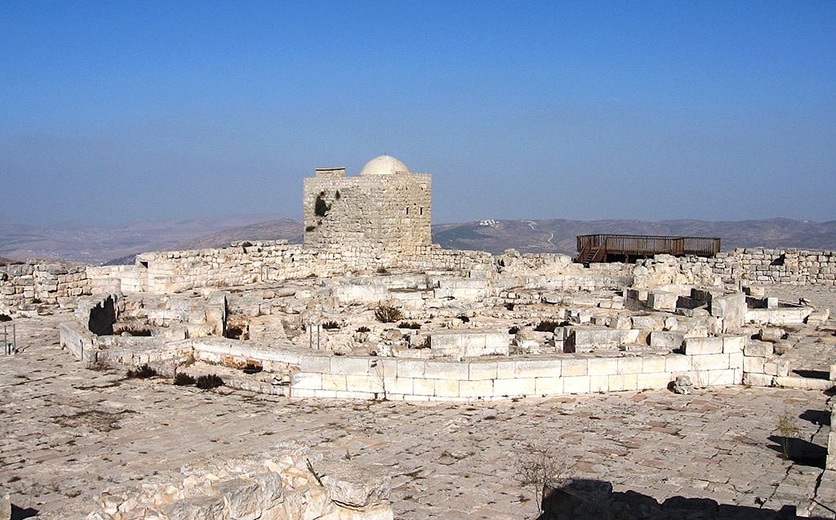A term used by the Greek translators of the LXX in the third and second centuries BCE and by English translators until recently to render several different Hebrew words. Hebrew gibbor, “giant” in the LXX, is more accurately rendered “mighty warrior” or “mighty hunter” in (Gen 10:8-9 and Job 16:14) (cf. the NRSV and other modern translations). The NRSV is cautious with another term, nephilim, transliterating rather than translating it in its only two occurrences (Gen 6:4; Num 13:33). In (Gen 6:4) the Nephilim are the offspring of the sons of God and the daughters of humans, part of the formidable race of humans before the Flood. (Num 13:33) says that the sons of Anak, ancient inhabitants of Canaan so huge that the Israelite spies felt like grasshoppers in comparison, were part of the Nephilim of olden times. Other passages also speak of the ancient inhabitants of Canaan, traditionally rendered as “giants” (Deut 2:11; Deut 2:20; Deut 3:11; Deut 3:13; Josh 12:4; Josh 13:12; Josh 15:8; Josh 17:15; Josh 18:16). Another Hebrew word often rendered “giants” is rephaim. The precise meaning of the word is uncertain; it has been suggested that it means “the hale ones” and describes a group of gods, and sometimes humans, who are related to El, the high god of Canaanite mythology. Biblical rephaim may well have been an elite group of warriors, men with sufficient wealth to provide chariots and other weapons of war for themselves.




